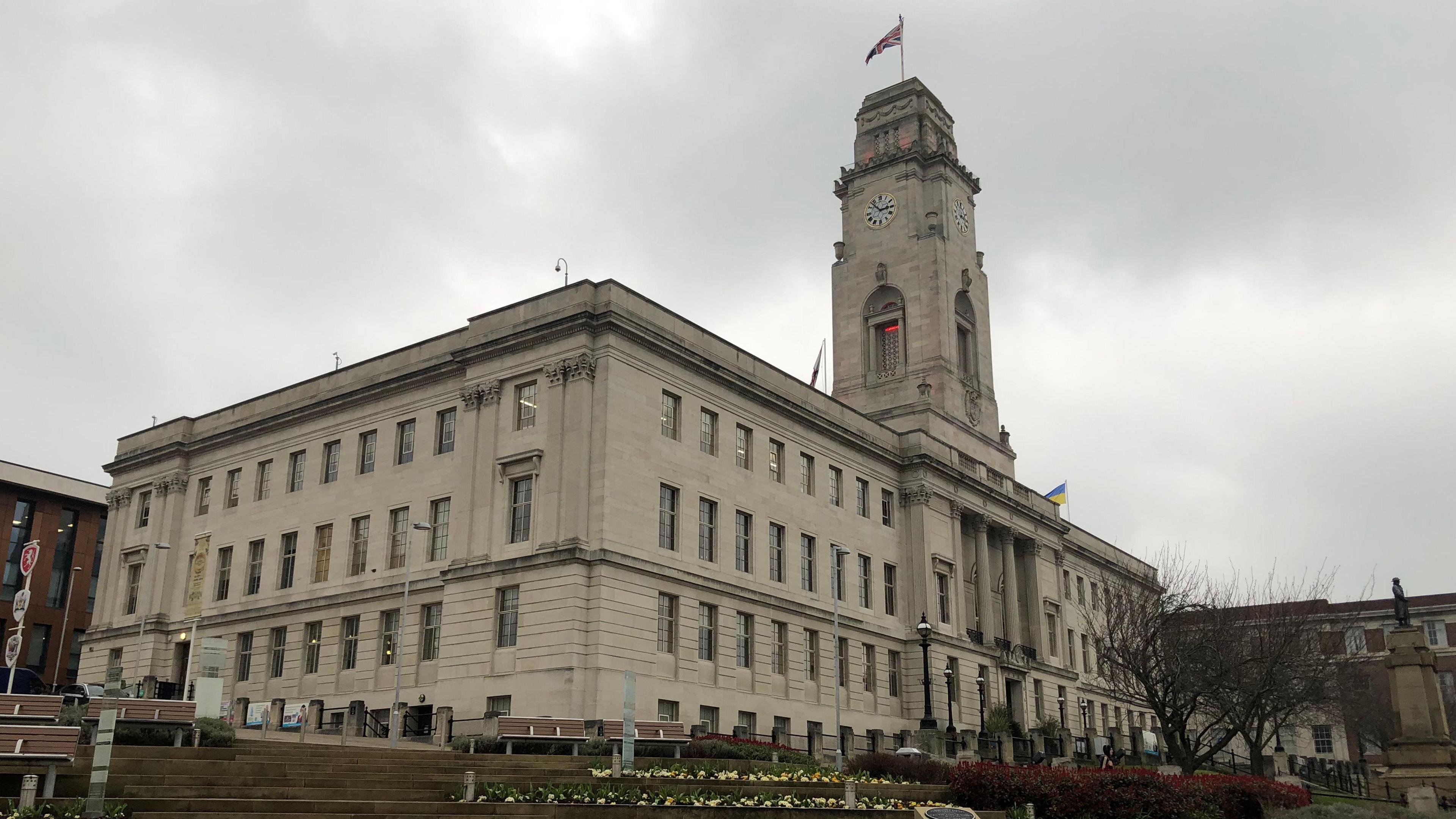School repairs backlog runs to £7m - report

More school buildings could need work over time, the report stated
- Published
The cost of repairing school buildings in Barnsley could reach a figure of £7.1m, according to a report.
Barnsley Council has received only £600,000 from the government for the most urgent repairs to schools, but needs at least £2.7m to do the work, the report adds.
It states government funding for the work is "insufficient" and that other schools could deteriorate and themselves become in need of priority work.
The Department for Education (DfE) said schools and sixth form colleges would benefit from £1.8bn this year to help maintain their buildings.
High-priority repairs detailed in the report include roof repairs, damp and drainage problems, and hazardous playground surfaces.
According to the Local Democracy Reporting Service, the report to the council's cabinet states it is "unlikely" that any medium-priority repairs will be completed due to the lack of funding, so they will "continue to deteriorate".
Despite the significant backlog of work in Barnsley, its school buildings are said to be in a "generally better condition" than some other areas of the country.
That will mean the council could receive less funding aimed at repairs.
The report says the majority of the DfE funding already agreed will be spent on roof repairs.
The remainder will be used for mechanical and electrical works, external and internal condition works, and health and safety work.
That could include emergency boiler replacements, drainage works, collapsed floors and dangerous lighting columns.
However, only £215,000 has been allocated to these repairs.
A spokesperson for the DfE said: “Schools and sixth form colleges will benefit from £1.8 billion this financial year to help maintain their buildings, taking the total amount of funding to over £17 billion since 2015."
They said it was up to council's and trusts to make "their own decisions on investment in their schools each year, prioritising works over time".
“We offer additional emergency support on a case-by-case basis to schools which face significant issues that could risk building closures that cannot be managed within local resources," they added.